Test pasteurised milk at four labs
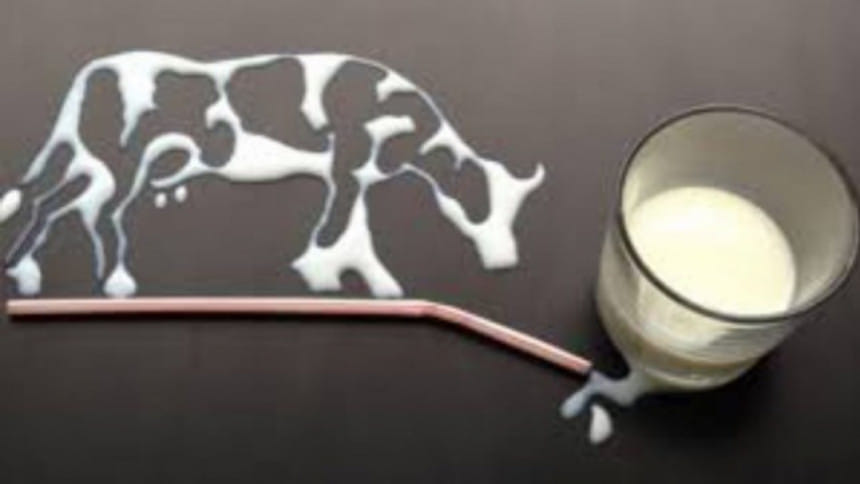
Amid a controversy over laboratory test reports on milk, the High Court yesterday directed Bangladesh Standards and Testing Institution to test pasteurised milk, produced by 14 companies, at four laboratories within a week.
All these companies are registered with the BSTI.
The four institutions where the tests will be conducted are -- Institute of Public Health, Bangladesh; International Centre for Diarrhoeal Disease Research, Bangladesh (icddr,b); Bangladesh Livestock Research Institute and Bangladesh Council for Scientific and Industrial Research.
There has been a controversy since a team of Dhaka University researchers and the BSTI gave conflicting test reports on milk last month. In its test, the DU team found detergent and antibiotics in samples of packaged milk available in kitchen markets. But the BSTI said it didn’t find any harmful substances in the milk samples it tested.
While hearing a writ petition yesterday, the HC gave an order for testing samples of pasteurised milk to determine whether it contains hazardous substances such as antibiotics, detergent, coliform, staphylococcus and formalin.
The BSTI will collect the samples of the 14 companies’ pasteurised milk from market in presence of representatives from the four institutions, it said.
The court directed the BSTI and the institutions to give it separate reports within a week after complying with the directives.
The BSTI has also been asked to submit, within the same period, its action plan for developing its standard and parameters to detect detergent and antibiotics in pasteurised milk.
The bench of Justice Syed Refaat Ahmed and Justice Md Iqbal Kabir Lytton passed the order while hearing the writ petition filed by Supreme Court lawyer Tanvir Ahmed in May last year.
The court fixed July 23 for passing further order on the issue.
Earlier in the day, Sarkar MR Hassan, counsel for the BSTI, submitted to the HC two test reports from the DU researchers as per its previous order.
The DU researchers have tested milk samples twice since last month and found antibiotics and detergent in those.
On June 25, the team of researchers at the DU’s Biomedical Research Centre said they detected detergent and antibiotics for humans in packaged milk available in kitchen markets and grocery shops, raising serious health concerns.
The antibiotics include levofloxacin, ciprofloxacin and azithromycin that are used mainly to treat bacterial infections in humans.
The research team came to the conclusion after testing seven samples of widely-sold pasteurised milk and three samples of non-pasteurised milk.
The same day, the BSTI, the country’s lone quality control authority for food, submitted a report to the HC, claiming it didn’t find anything harmful in the milk samples it examined.
Then, the researchers once again tested 10 samples of pasteurised and non-pasteurised milk, and found in all of those antibiotics for humans -- Oxytetracycline, Enrofloxacin, Ciprofloxacin and Levofloxacin.
Prof ABM Faroque, immediate past director of the Biomedical Research Centre, unveiled the findings on July 13, saying three of the samples contained all the four antibiotics while six had three. There were two antibiotics in one sample.
At yesterday’s hearing, petitioner’s lawyer Aneek R Haque told the court that as per the BSTI’s opinion, detergent can be present in pasteurised milk at an acceptable level, but there must not be any antibiotics in it.
He placed before the HC news reports, published by The Daily Star and the Prothom Alo, on the tests conducted by the DU team, and said the researchers detected hazardous antibiotics in all the 10 samples of pasteurised milk available in the market.
The lawyer also said the BSTI used nine parameters to test pasteurised milk whereas the DU researchers used 19 parameters.
Sarkar MR Hassan argued for the BSTI, saying there were questions and controversies over the test reports prepared by the DU researchers.
He further said antibiotics are found in cow milk because those are injected into cows to make them fatter.
The BSTI has no parameter to examine whether antibiotics and detergent are there in milk, the lawyer mentioned.
He mentioned that the BSTI already took steps to enhance capacity of its laboratory and develop infrastructure to detect detergent and antibiotics in milk. It also formed a 13-member committee in January to this end.

 For all latest news, follow The Daily Star's Google News channel.
For all latest news, follow The Daily Star's Google News channel. 

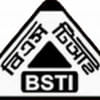
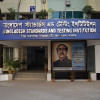
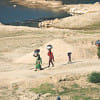
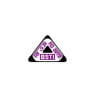
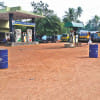


Comments